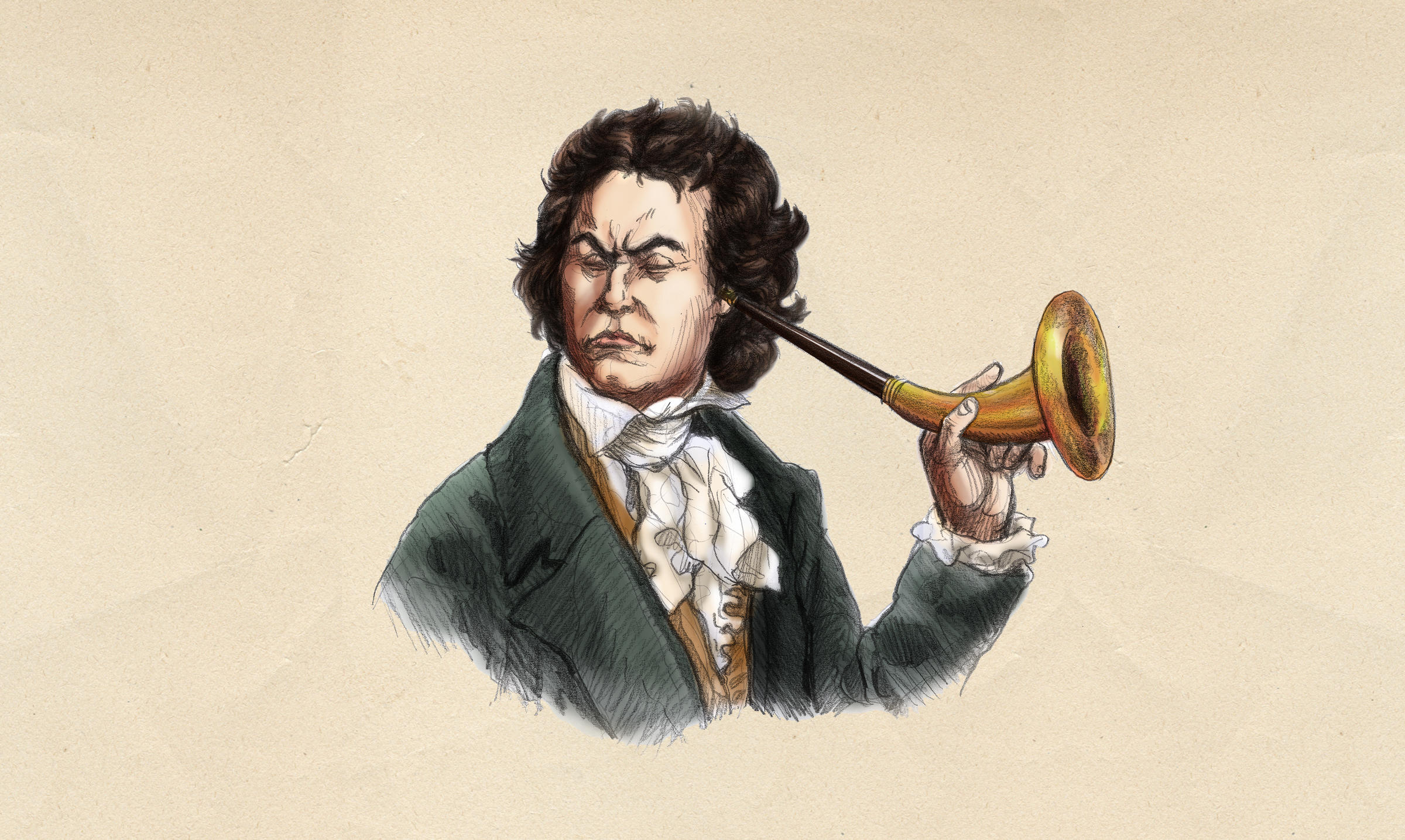Latest Comments

The Story Behind Beethoven’s Great Fugue Op. 133
The Great Fugue Op. 133 (Große Fuge in German) is one of Ludwig van Beethoven’s most ambitious and enigmatic compositions. This monumental work, originally composed[…]

The Story Behind Beethoven’s Pastoral
Ludwig van Beethoven’s Symphony No. 6 in F major, Op. 68, commonly known as the “Pastoral Symphony,” is one of the most celebrated and beloved[…]

The Story Behind Beethoven’s Sonata No. 7
Ludwig van Beethoven, one of the most influential composers in the history of classical music, composed his Piano Sonata No. 7 in D Major, Op.[…]

The Story Behind Beethoven’s Symphony No. 1
Ludwig van Beethoven, one of the most influential composers in the history of classical music, created his Symphony No. 1 in C Major, Op. 21[…]

The Story Behind Beethoven’s Symphony No. 5
Ludwig van Beethoven’s Symphony No. 5 in C Minor, Op. 67, is one of the most iconic and celebrated compositions in Western classical music. Known[…]

The Story Behind Beethoven’s Bagatelle
When one thinks of Ludwig van Beethoven, grand symphonies and powerful sonatas often come to mind. But this remarkable composer also created a piece that,[…]

The Story Behind Beethoven’s Moonlight Sonata
Welcome to our journey into the story of one of the most beloved compositions of all time: Beethoven’s Moonlight Sonata. This masterpiece, with its haunting[…]

Ludwig van Beethoven – Biography and History
Ludwig van Beethoven, one of the most influential figures in the history of classical music, was born in Bonn, Germany, on December 17, 1770. His[…]
© 2025 Top Classical Music. Created with ❤ using WordPress and Kubio